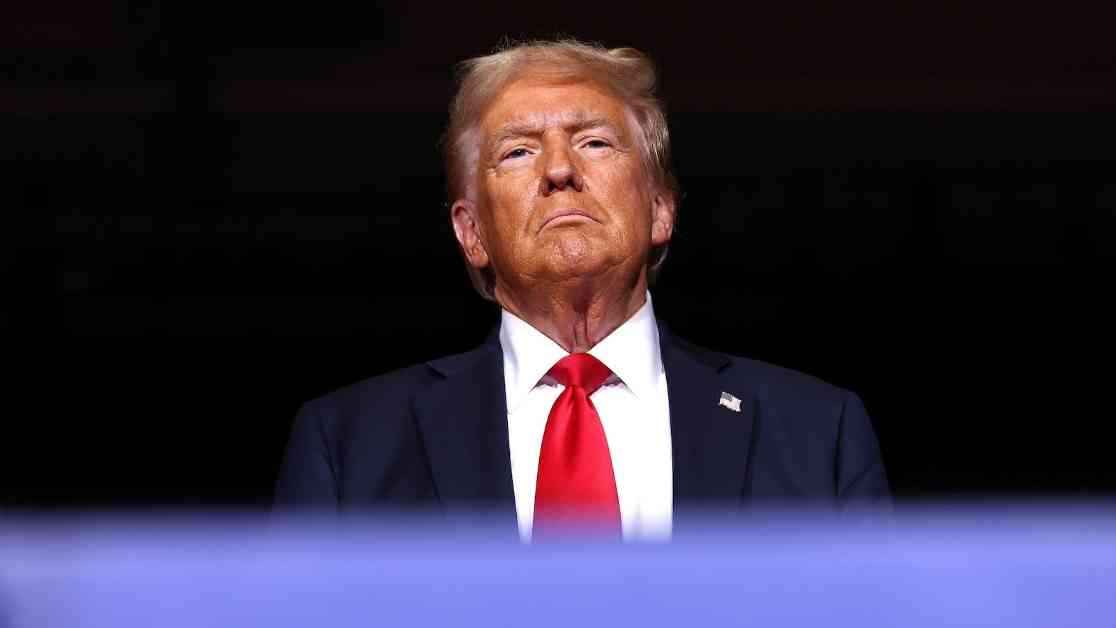President Trump is embroiled in a legal battle that tests the limits of presidential immunity in state courts. Trump, alongside FBI director nominee Kash Patel and White House Deputy Chief of Staff Dan Scavino, is seeking to halt a civil lawsuit against his social media company, arguing that his ongoing presidency should shield him from state court litigation. The lawsuit, filed by Trump Media & Technology Group co-founders Andy Litinsky and Wes Moss, alleges that Trump and company executives engaged in a scheme to deprive them of their rightful stake in the company post-IPO.
**Unprecedented Legal Maneuvers**
Trump’s legal team, led by attorneys John Reed and Theodore Kittila, have petitioned a Delaware judge for a four-year delay or outright dismissal of the case. They argue that the president faces an “unprecedented” number of civil suits that would divert his focus from presidential duties, undermining the functioning of the executive branch. The defense contends that without temporary immunity, Trump will be inundated with lawsuits, hindering his ability to serve the American people effectively.
**Presidential Power at Stake**
Delaware Chancery Court Judge Morgan Zurn has temporarily halted the proceedings to consider Trump’s immunity claim. Trump’s legal team is pushing for a “brightline deferral rule” to postpone any state court litigation against the president for four years. They cite concerns that state courts are overstepping their bounds by scrutinizing the actions of a sitting president, echoing Thomas Jefferson’s fears of judicial interference in presidential affairs.
If successful, Trump’s bid for “temporary presidential immunity” would add another layer of legal protection to his presidency, bolstering the expanded powers granted by a recent Supreme Court ruling on immunity from criminal liability. Defense lawyers assert that the lawsuits against Trump are part of a coordinated effort by his “billionaire adversaries” to undermine his administration, posing a significant threat to the executive branch’s operations and the integrity of state courts.
**The Legal Dilemma**
While the landmark case of Clinton v. Jones established that presidents are not immune to civil suits related to personal conduct, Trump’s legal team argues that this precedent applies only to federal court cases. Despite the lawsuit against Trump Media focusing on non-official acts, Trump contends that the burden of defending himself would impede his official duties, drawing parallels to President Bill Clinton’s multitasking during crucial decision-making moments.
The defense maintains that state civil litigation would drain Trump’s energy and attention, already strained by the demands of the presidency. They highlight Trump’s minimal sleep during his first term, emphasizing the overwhelming responsibilities that come with leading a nation while managing a global business empire. In a separate filing, Trump’s personal lawyers assert that the president should be immune from civil claims related to the Capitol attack on January 6, as his actions were undertaken in his official capacity.
When asked for comment, Richie Jones, the attorney representing Litinsky and Moss, evoked former President Theodore Roosevelt’s timeless words: “No man is above the law, and no man is below it.” The legal battle over presidential immunity underscores the delicate balance between holding leaders accountable and ensuring that their duties to the nation remain uninterrupted.


